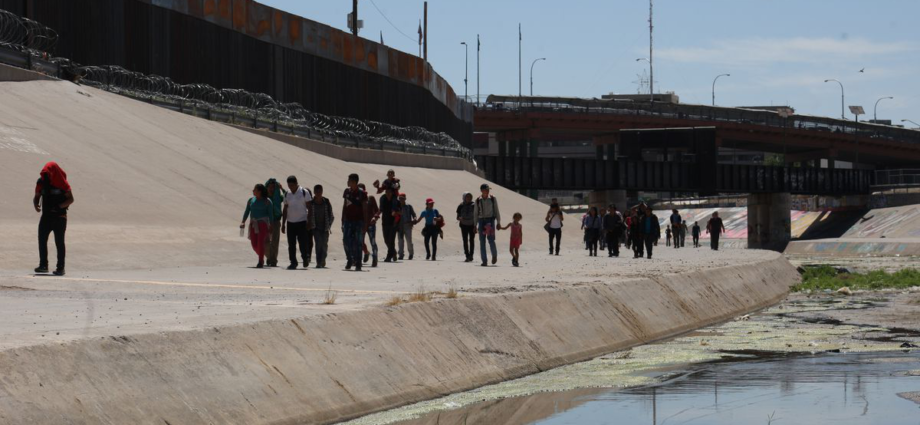The United States government will begin collecting the DNA of detained immigrants through pilot programs this week, according to a privacy impact assessment that was published today by the Department of Homeland Security. The Trump administration’s plans to collect genetic samples from people detained by US Customs and Border Protection (CBP) and Immigration and Customs Enforcement (ICE) was first reported in October.
CPB and ICE don’t currently have systems or operating procedures in place for this large-scale collection of genetic material, but they will start to implement the policy through small pilot programs. CBP will initially collect DNA only in its Detroit, Michigan sector and at the Eagle Pass Port of Entry in Texas before scaling up to every sector and port of entry within three years. ICE’s pilot program will begin in one of its regions only, but the assessment did not identify which one.
The administration says the policy falls under the DNA Fingerprint Act of 2005, which requires that anyone arrested for a federal crime provide a genetic sample. At the time, immigrants detained on entry into the United States were not included in that group; the new policy says they are.
Genetic samples collected by CBP and ICE agents will be mailed to the Federal Bureau of Investigation where they will be processed and stored in the agency’s Combined DNA Index System (CODIS).
In addition to immigrants, CBP will eventually collect DNA from US citizens and US permanent residents in their custody, according to the assessment.
Genetic material won’t be collected by either CPB or ICE from anyone below the age of 14, according to the assessment, because they don’t currently take fingerprints from anyone that young. The assessment also says that CPB will not collect DNA from people older than 79 or from people who have a physical or cognitive disability.
This isn’t the first time immigration officials have taken DNA from detainees, though: in a pilot program over the summer, officials used Rapid DNA technology to check if people traveling together were family members. In 2018, soon after the Trump administration rolled out its “zero tolerance” policy that led to the separation of children from their parents at the border, the Department of Health and Human Services said it was using DNA testing to reunite separated families.
At every step, the proposed or actual collection of genetic material from immigrants has been met with concerns regarding the ethics of the collection process and for the eventual use of the data.
“This kind of mass collection also alters the purpose of DNA collection from one of criminal investigation to population surveillance, which is contrary to our basic notions of freedom and autonomy,” Vera Eidelman, staff attorney with the ACLU’s Speech, Privacy, and Technology Project, told The Verge in an emailed statement in October.

